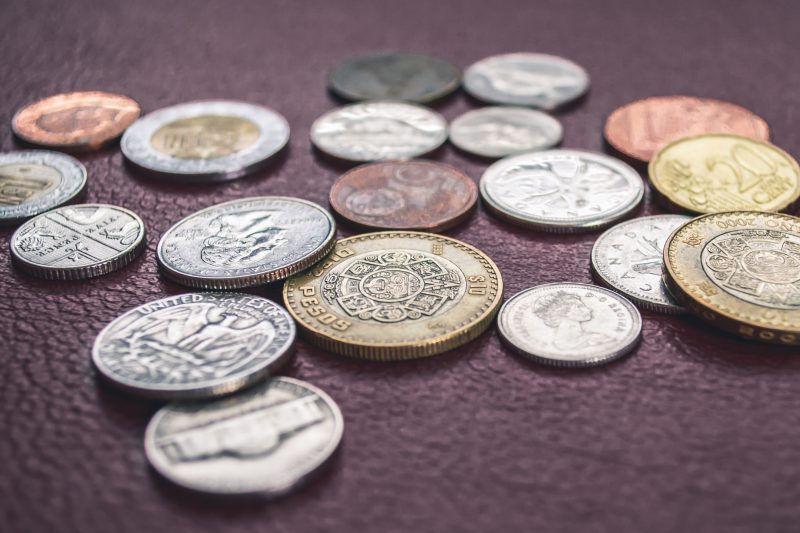
Let us admit it! One of the biggest challenges that governments are facing right now is how to allocate their budget efficiently in order to fight the COVID-19. While some countries have pledged money to developing testing kits, some have spent money for community disinfecting drones.
The measures that need to be taken in order to stop the spread of the virus such as closing offices and schools or shutting down factories and airlines can lead to some companies going out of business.
Fortunately, Singapore set aside 5.6 billion Singapore dollars in the coming year financial year (April 2020 to March 2021) to help businesses and households tide through the ongoing coronavirus outbreak. This is according to the Minister of Finance, Mr. Heng Swee Keat.
For individuals, this tough situation is what Emergency Funds are for! Budgeting your spending can help you find a balance between spending and saving money throughout this period.
CONTROL YOUR SPENDING
The rise of credit cards and online banking apps paved the way for better shopping experiences. The extent to which we fall trap to these temptations boils down to our willpower. During these times of scarcity, you need to focus on the things you want rather than what you need. It is easier said than done as self-control is like a muscle that gets strained due to overuse.
It is the willpower of those who face repeated difficult financial situations that tends to deplete the most. Hence, it is important to seek the help of someone who cares. Seek professional advise, if necessary.
PLAN YOUR MEALS
One of the easiest ways to control your spending is to plan ahead. Meal planning can help you stay within the budget and control your visits to the grocery. For those who are practicing social distancing and are opting to stay at home, a meal plan is your best-friend!
If you know what you are going to consume for a week or a month and have shopped accordingly, there will be no need for extra store visits that will lead to more spending and more food wastage. Allot a specific portion of your budget for weekly meal plans.
PRIORITIZE YOUR SPENDING
Each of your expenses should be placed in appropriate budget categories such as food, toiletries, and utilities. When faced with a decision to see what gets paid this month and what gets the least portion of the budget, it is important to prioritize. Essentials go up the ladder! These are followed by your creditors and your non-essentials.
You need to accept the situation you are in. Expenses that are core to your survival should be prioritized. The rest can wait.
CUT DOWN YOUR SPENDING
One of the major things you can do to help yourself and your budget during these tough times is to figure out what you are currently spending on and what you can live without. Whether you are cutting down your monthly cable bill or reducing your trips to Starbucks, there are various ways to reduce your expenses. I am referring to little unnecessary expenses that tend to pile up.
It is best to know where your money goes. If you are using a debit card, keep track of the payments. If you are using cash, keep the receipts and review them. Watch out where your money goes and adjust accordingly.
STAY POSITIVE
In times like this, all we can do is to hope for a better future. Staying positive can help lift your mood throughout a bad situation. As bills come in and your debt continues to increase, keeping a positive mindset with a strategic plan can help you.

Image Credits: unsplash.com
Remember that what you are going through is temporary and will not last forever. We can get through the setbacks brought by COVID-19!




